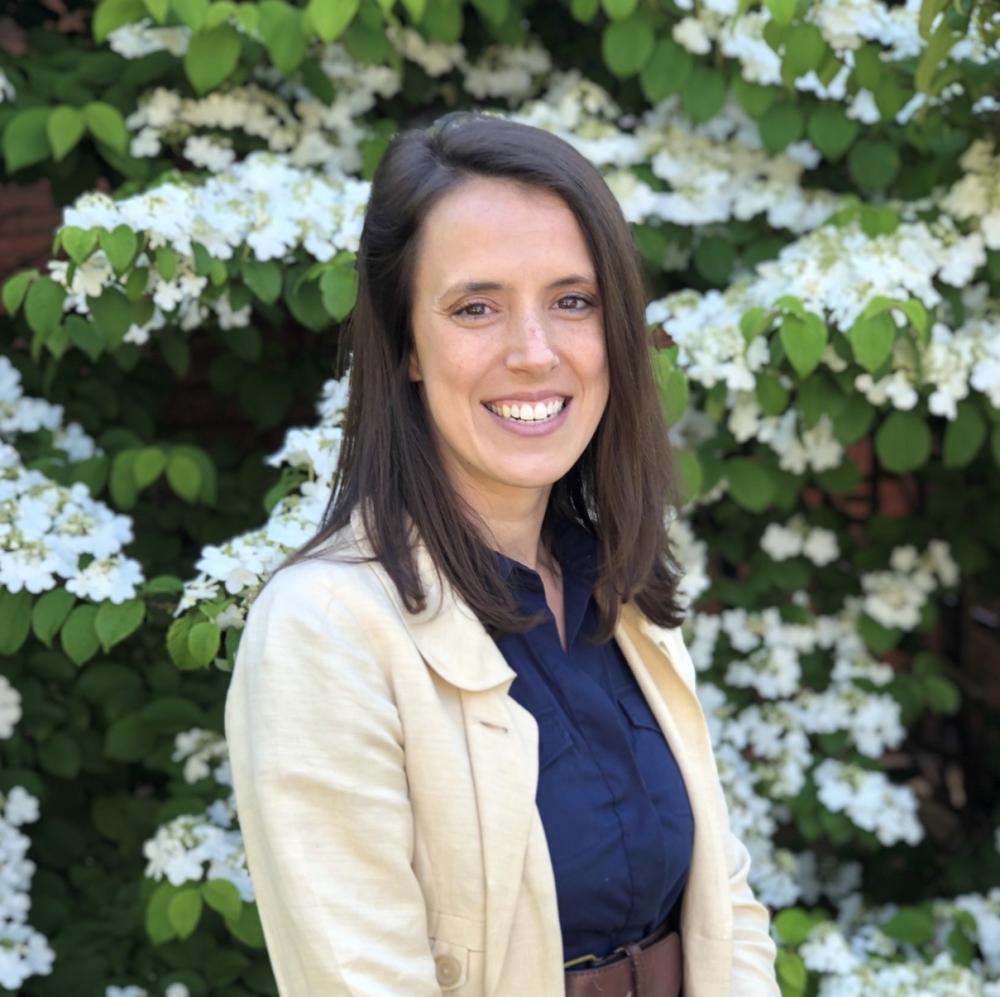
Domitila Tapia, one of the program's 12 grant recipients
Meal delivery startup Daily Harvest is teaming up with the American Farmland Trust and California Certified Organic Farmers to provide $10,000 grants to 12 historically underserved farmers in California’s Central Valley and Central Coast. The grants aim to help farmers scale their operations and expand organic acreage and come as California is confronting a historic drought. Notably, all of the grantees are Latino farmers, and half of the grantees are women.
Historically underserved farmers often lack access to resources due to race or gender. For example, Latinos make up 97 percent of farmworkers in California, yet only 3 percent of them own their own farms. The new program gives these Latino farmers grant funding, technical support and market access through a three-year transition to more regenerative production practices.
“For many of these farmers, land access is their biggest challenge," Rebecca Gildiner, Daily Harvest’s director of sustainability, told TriplePundit. "Being able to access land, let alone own land, is challenging. For example, one of our growers was recently able to lease two acres, but she is told what she is and is not allowed to grow, so it is difficult.”
“Many farmers also face language barriers and cannot access government resources in their primary language," Gildiner added. "Farming is so risky, and farmers that have more of a safety net are able to take on more risk. The farmers we work with in particular are small-scale with tight margins, so they face even more risk."
The technical training starts with a simple program they call “tailgates.” These tailgates provide community-tailored opportunities for farmers to come together for direct farmer-to-farmer knowledge exchanges. California Certified Organic Farmers (CCOF) sponsors the events and provides farmers with information about their grants to assist with regenerative and organic practices.
“The communities of growers can apply to fund anything they need, from compost to cover crops to tractors. It’s not prescriptive," Gildiner explained. "From there, we look to bring growers who are interested in organic transition into the next phase of one-on-one support, where CCOF and American Farmland Trust can give on-farm support through an organic transition. We want to find market outlets for growers, and we want small-scale farmers to have the resources to be a part of the regenerative movement. We want to increase representation in our supply chain, because regenerative agriculture has to be people-focused and take care of humans.”
Daily Harvest’s partners say they are taking the long view. They recognize that each farmer’s challenges are unique, and organic or regenerative agriculture may not be the immediate answer for all of these farmers.
"This program is committed to supporting farmers continuously over the three years of transition with grant funding, technical support and market access," said Jessy Beckett Parr, chief program officer at CCOF, in a public statement. "Long-term partnership is what makes the implementation of regenerative practices on the road to organic transition successful."
Gildiner added: “Our program is distinctive, because although we believe in organic agriculture, we don’t want to be prescriptive. There may be challenges [for a grower] that makes it so that organic doesn’t make sense to them at the moment. So, we bring broad technical and general assistance to the growers to be supportive through their process.”
Maria Narez is among the Latino farmers receiving a grant. Narez owns and operates her own vegetable farm near Salinas, California, and for her, scaling her business is one of her biggest challenges. In the past, accessing land and buying equipment has been too cost prohibitive. "The most difficult thing for me right now is financially my ability to expand," she said. Narez is using her grant to scale up operations at her farm.
"A more just and regenerative food system starts with the people who grow our food," said Rachel Drori, founder and CEO of Daily Harvest. "This program aims to tackle systemic issues at the root by giving historically disadvantaged farmers in California's Central Valley and Central Coast the tools they need to expand their operations while scaling organic and regenerative approaches that benefit growers, consumers and the planet."
Gildiner agrees that a people-centered approach is crucial as the program works each of these 12 Latino farmers. “Regenerative does not have one definition," she told 3p. "We are working with ATF and CCOF to take a place-based approach to growing diversity in our supply chain. Our program is complex because regenerative agriculture is complex. However, we aren’t scared to take that on, because that’s how you solve the problem." Gildiner noted that Daily Harvest aims to expand this programming to wherever there is demand from farmers.
Image credit: Daily Harvest via PR Newswire

Mary Riddle is the director of sustainability consulting services for Obata. As a former farmer and farm educator, she is passionate about regenerative agriculture and sustainable food systems. She is currently based in Florence, Italy.














